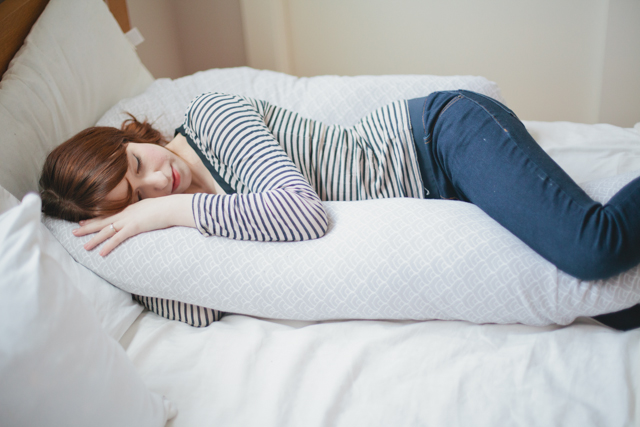Sleep is really a vital facet of our overall well-being, impacting physical health, cognitive function, and emotional stability. Yet, in our fast-paced and digitally connected world, achieving a good night's sleep has become increasingly challenging for some. Enter "Sleep Hygiene" - a set of practices and habits aimed at optimizing sleep quality and promoting better sleep patterns. In the following paragraphs, we'll delve into the idea of sleep hygiene and explore practical tips to enhance your sleep routine for improved rest and rejuvenation.
Understanding Sleep Hygiene:
Sleep hygiene identifies a number of behaviors and environmental factors that donate to healthy sleep patterns. It focuses on creating an optimal sleep environment, establishing consistent sleep schedules, and adopting bedtime routines that facilitate relaxation and ease the transition into sleep. By incorporating these practices into your lifestyle, you can enhance the quantity and quality of your sleep, leading to improved general health and well-being.
THE SIGNIFICANCE of Sleep Hygiene:
When we consistently neglect to get sufficient and restorative sleep, it can lead to a variety of negative consequences. These can include daytime drowsiness, decreased cognitive performance, weakened immune function, mood swings, and also an increased threat of chronic health conditions like obesity, diabetes, and coronary disease. Sleep hygiene serves as a proactive method of counter these issues and promote optimal sleep.
Practical Strategies for Better Sleep Hygiene:
Establish a Consistent Sleep Schedule: Make an effort to go to bed and wake up at the same time every day, even on weekends. This can help regulate your internal body clock and promotes a consistent sleep-wake cycle.
Develop a Sleep-Inducing Environment: Make sure your bedroom is conducive to sleep by keeping it cool, dark, and quiet. Invest in comfortable bedding and a supportive mattress to enhance comfort.
Limit Screen Time Before Bed: The blue light emitted by screens (phones, computers, TVs) can interfere with the production of the sleep hormone melatonin. Avoid screens for at the very least an hour before bedtime.

Create a Relaxing Bedtime Routine: Engage in calming activities before bed, such as reading a book, practicing gentle yoga, or taking a warm bath. These activities can help signal to your body that it's time and energy to wind down.
Watch What You Consume: Avoid large meals, caffeine, and alcohol near bedtime. https://bestsleepever.info can disrupt sleep patterns and ensure it is harder to drift off.
Exercise Regularly: Regular physical exercise can improve sleep quality, but avoid intense exercise close to bedtime as it may interfere with sleep.
Limit Naps: While short daytime naps can be refreshing, long or late-afternoon naps may hinder your ability to fall asleep at night.
Manage Anxiety and stress: Practice relaxation techniques, such as for example deep breathing, meditation, or progressive muscle relaxation, to reduce stress levels before bedtime.
Limit Bedroom Activities: Reserve your bedroom primarily for sleep and intimate moments. Avoid working, studying, or participating in stimulating activities during intercourse.
Get Sunlight Exposure: Exposure to natural light throughout the day helps regulate your circadian rhythm, rendering it easier to drift off at night.
Incorporating sleep hygiene practices into your day to day routine can significantly enhance your sleep quality and overall well-being. Remember that it may take time and energy to adapt to these changes, so show patience with yourself. By developing a sleep-friendly environment, establishing a frequent sleep schedule, and adopting relaxing bedtime routines, you'll be well on the way to enjoying a restful night's sleep and reaping the many benefits of improved sleep hygiene. Prioritize your sleep, as well as your body and mind will thank you for it.
